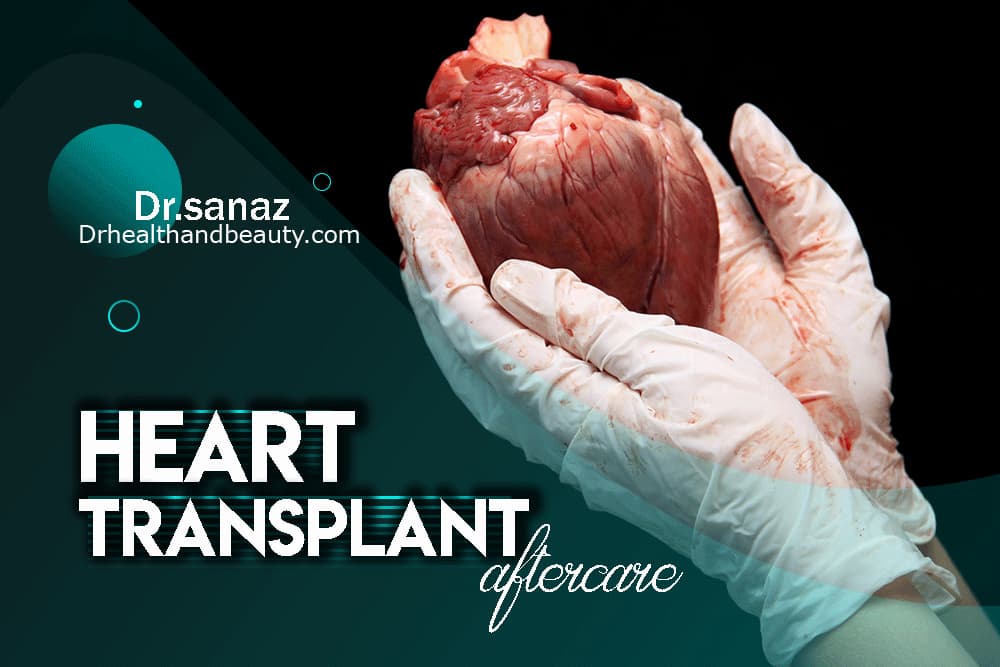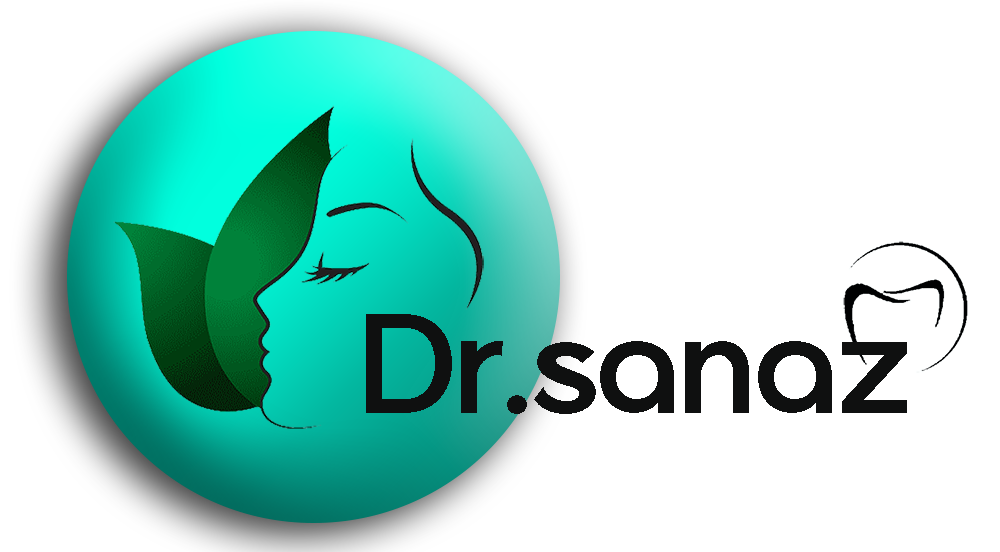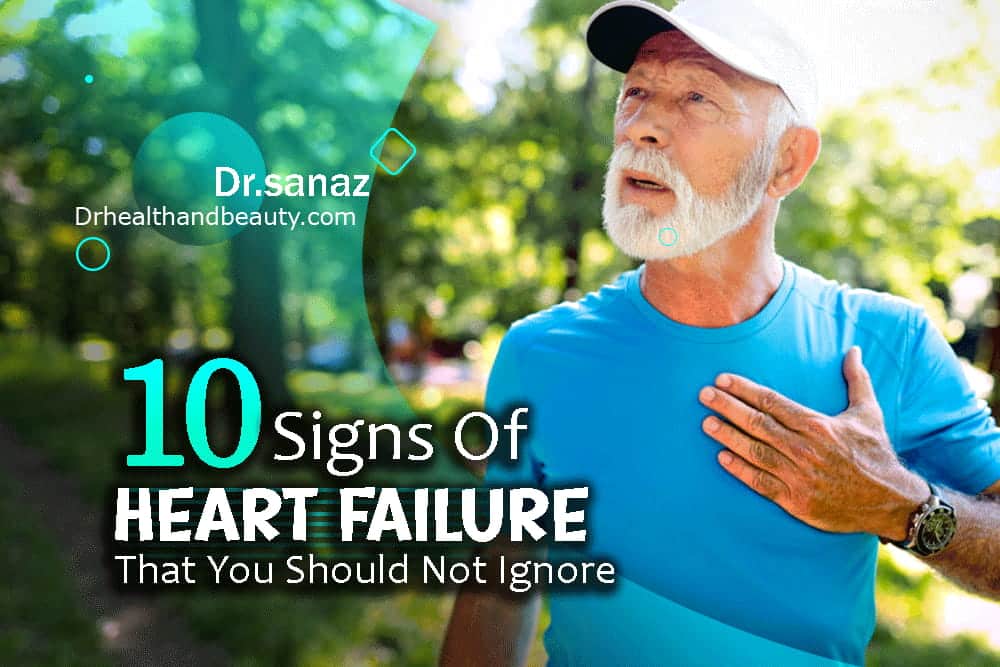

Heart Transplant Aftercare / A Journey to Recovery
Table of Contents
Heart transplant, an advanced treatment method, is used for people who have heart diseases and need heart transplants and replacement due to the inability of conventional treatment.
In a heart transplant, the damaged or weakened heart muscle is replaced with the healthy heart of another person.
Related: “Complications Of Bone Marrow Transplant“

Why and How?
A heart transplant is a major surgery; with proper care, the patient’s chances of survival are high.
In adults, heart failure may be caused by the following:
- Heart muscle weakness (cardiomyopathy)
- Coronary Artery Disease
- Heart valve disease
- A heart problem you were born with (congenital heart defect)
- Frequent and dangerous abnormal heart rhythms (ventricular arrhythmia) not controlled by other treatments.
- Previous heart transplant failure
.
In children also:
- Heart failure is mainly caused by congenital heart defects or cardiomyopathy.
.
This process makes it possible to strengthen the heart and improve its performance. Similarly, in a heart transplant operation, the surgeon replaces the healthy heart donated by another person with the heart of a sick or injured person.
In order to increase the life expectancy after a heart transplant, you should follow the post-heart transplant care that the doctor tells you.
If a person suffers from acute heart failure or diseases that various medical methods cannot improve and the patient’s health is at risk, the best and last treatment method is a heart transplant.
In order to perform the heart transplant operation, various tests are taken from the patient to check the level of physical health, as well as the history of underlying diseases, and the blood group is determined.
Finding a donor option that matches the patient’s blood condition is essential in this surgery. This donated heart is selected from people who have suffered brain death.
During the operation, the person goes to complete anesthesia, the chest is split, and the defective heart is removed from the body.
Moreover, after that, blood flow is established with the heart and lung bypass machine, the donated heart replaces the removed heart, and the blood vessels Are connected to it. After that, the chest is closed.
Related: “What Are The Risks Of A Pancreas Transplant?“
Post-heart transplant care
After the heart transplant operation, the heart recipient must be under hospital supervision for seven days. In these first 24 hours, it is essential that the body does not reject the heart and does not have complications.
You must visit your specialist doctor regularly for a checkup and perform blood tests, X-rays, or ECG tests.
Related: “What Are Whooping Cough’s Early Symptoms“
Points to follow for care after heart transplant:
- Do the exercises and sports prescribed by your doctor regularly.
- Do not be in crowded and noisy places because sudden noise is harmful to the heart.
- After heart transplant surgery, see a nutritionist to write a proper nutrition plan.
- Taking the medicines the doctor prescribes at the specified time is very important.
- Diet after a heart transplant directly affects your life expectancy. Low-fat and low-salt foods are the most important things you should follow.
- Do not touch cigarettes or hookah because the contents of cigarettes have a direct negative effect on the heart. Strictly follow this and take it seriously.
- Be sure to use a mask and not be close to people who have a cold because, after the transplant, you will be taking drugs that weaken the immune system. Stay away from people who have an infectious disease.

Nutritional recommendations after heart transplant surgery:
- High consumption of fruits and vegetables
- Adopt a low-salt diet.
- Eating lean meats, such as fish or chicken
- Drink eight glasses of water and enough fluids throughout the day.
- Adding wholemeal bread, cereals, and other legumes to the diet
- Avoiding unhealthy fats, saturated fats, and trans fats
- Consuming low-fat or fat-free dairy products to maintain proper calcium levels
- Avoid consumption of grapefruit and grapefruit juice due to the effect of immunosuppressive drugs.
.

What is the most critical time after a heart transplant?
Here we talk about the risks of a heart transplant:
- Types of infections: Infections at the surgical site or other body parts can also be problems after heart transplant surgery.
- Bleeding and blood loss: The patient may need to bleed or lose blood after surgery.
- Kidney problems: Due to the use of anti-stress drugs, the kidneys may be compromised, and kidney problems may occur.
- Blood clots in the veins and heart: This complication is known as thrombosis. Thrombosis can occur in any vein in the body, but it is most common in the deep veins of the legs, lungs, and heart.
- Transplant rejection: One of the risks after any organ transplant operation is the possibility of organ rejection; that is, the body considers the new organ a foreign agent or attacks it and rejects it.
After the organ transplant operation, the patient should be given immunosuppressive drugs so that he accepts the organ.
Regular examination of the transplanted organ by a doctor is critical. Rejection of the transplant is usually asymptomatic, and tissue biopsy should be done repeatedly in a year.
For a biopsy, a tube is sent to the heart through the groin veins or neck veins, and some of the heart tissue is removed and sent to the laboratory for more examination.
Related: “Can Parkinson’s Dementia Kill You?“

How long does it take to recover after a heart transplant?
The percentage of heart transplant success depends on various factors, and it is not possible to determine a fixed number for it.
This percentage of success varies according to each patient’s condition and doctors’ experience.
The success rate of heart transplant surgery depends on the age of the patient, the general health of the patient, the experience and skill of the heart transplant surgeon, the environment and equipment of the hospital, and the strict adherence to post-operative instructions.
The success rate of heart transplants worldwide is over 85% after one year and 69% for adults after five years, which is excellent compared to the natural course of end-stage heart problems.
The first year after heart transplant surgery is the most important in heart transplant success rate.
Related: “What Is The Difference Between Intermittent, Remittent, And Relapsing Fever?“

Conclusion
If you had heart surgery and your surgery was successful, now it is your turn to get your recovery and health as quickly as possible by following the necessary care after heart surgery.
The first stage of heart surgery reconstruction can take 6 to 8 weeks. When you leave the hospital, you will receive post-operative care instructions.
These recipes and necessary care after heart surgery will help you recover better physically and emotionally.
Depression, anorexia, excitement, fear, lack of concentration, and impatience are normal after heart surgery. These symptoms will gradually disappear within two months.

